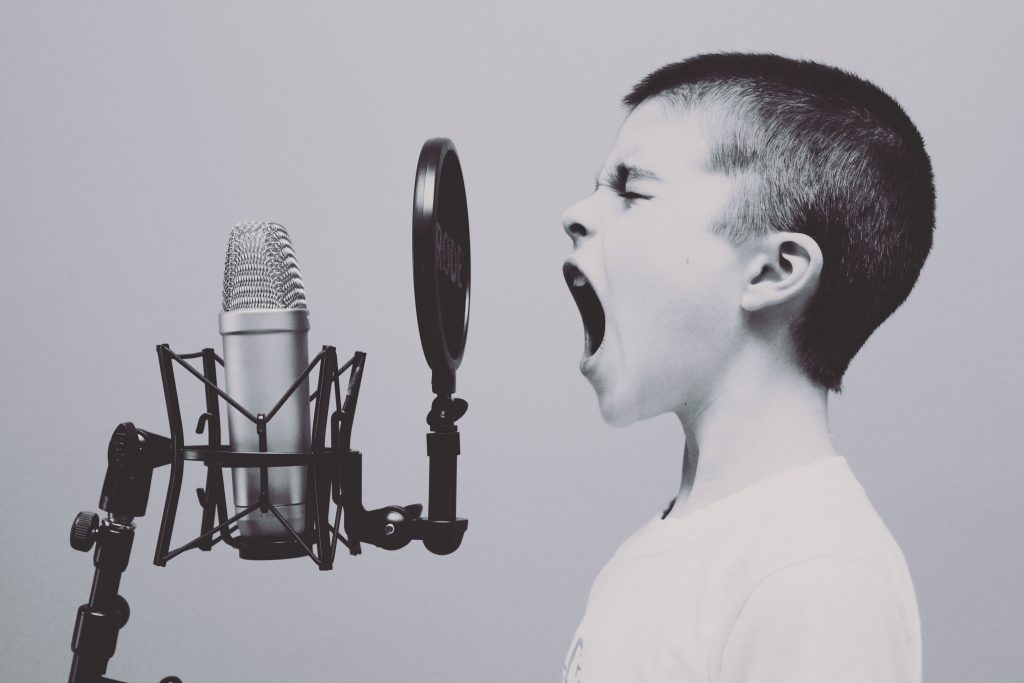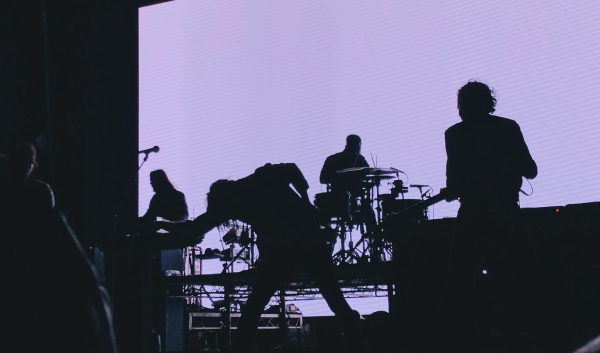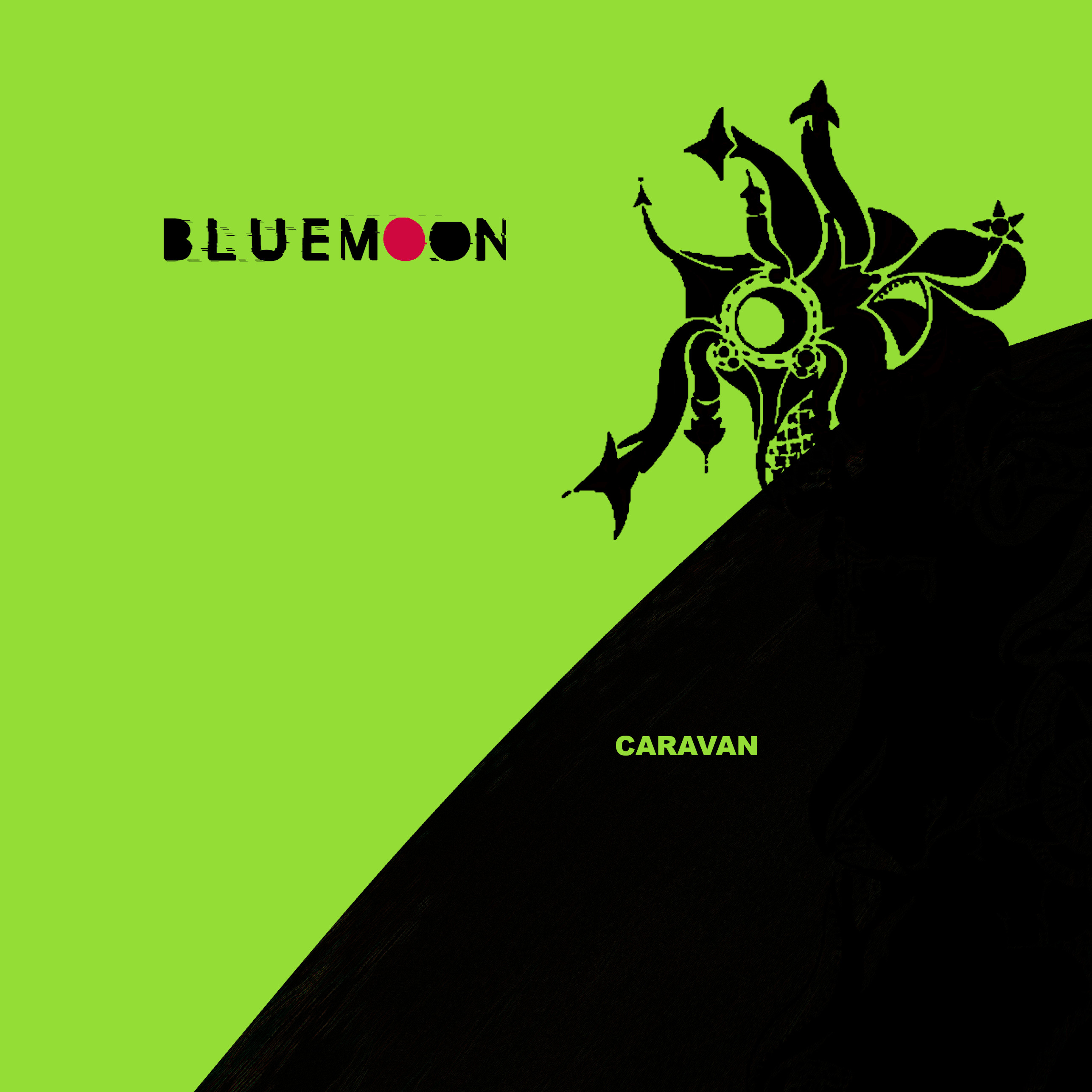There is growing evidence of a sharp increase in international collaborations between artists, songwriters and producers from different countries as musical talents search for new influences and new inspiration.
The popular music industry has been dominated by a few major record labels since the end of the nineteenth century. However, while the major labels were very profitable in the 1960s
and 1970s, in recent years they have found it much more difficult to make money, with sales falling and rising losses . Though classed as a cultural industry, big music
companies used to operate in the same manner as other big businesses, As a result the major labels have commoditized music to the extent that music production resembled the assembly-line production of standardized products. The aim was not musical excellence, but profit maximization.

Technology
Over the past thirty years however , the emergence of the Internet and digital technologies significantly reduced physical constraints and facilitated the distribution of music, videos, software, and information. As such , technology and the tools it provides plays a vital role in bringing together physically isolated creative entities ( artists that is 🙂 ) .
Co-creation has been greatly enhanced by the rise of the internet and its associated interactive media forms. Co-creation requires direct interaction between artists. In the music industry, this has been limited by the absence of an enabling technology which would allow people to surmount obstacles of time and space .
The advent of the Internet , has offered the potential to overcome these obstacles and open up opportunities for co-creation. The internet offers new opportunities and challenges to the music industry’s traditional business and management practices, particularly in terms of digital distribution, changing artist attitude consumer behaviour and intellectual
property management.
If the collaboration works , it’s fun to do and is also a source of knowledge and cultural diversity , since we can learn alot of things from other artists during the co-creation process, as well find new inspiration during collaboration.
Music collaboration between artists gives the best results when people have clear roles, and belong in a complementary team working towards the same goals. Alongside building team skills, you can also more than double the promotion you would get by yourself.
For example, singers that are just starting to write songs often will need help, perhaps they will only have the lyrics but not the melody. Finding a guitarist or pianist to give music to your lyrics will be a real help to get you started.

How do music artists collaborate?
Collaborating with musicians across the world can help you to find opportunities in other countries. There may not be many opportunities where you live but fortunately, you can connect with artists online.
With the internet making it easier to instantly talk to other people no matter where they are in the world; there is no reason that collaborating can’t be achieved on a global scale. Using websites such as Skype, Facebook Messenger and E-mail, you can instantly communicate with other musicians.
Complement each other
Producers are often looking for artists to collaborate with. This is because many producers can’t sing and only make the instrumentals themselves. They need someone else with a good voice to write the top line and record the vocals.
This is a great example of how music collaboration is most effective when one person’s skills complement the other. If you’re both trying to do the same thing in a similar way then you won’t get a great result.
Assess what your weaknesses are and see if you can find someones who’s strengths make up for it.
SOURCES & LINKS
Music Collaboration: 11 Reasons to Find Musicians & Collaborate

